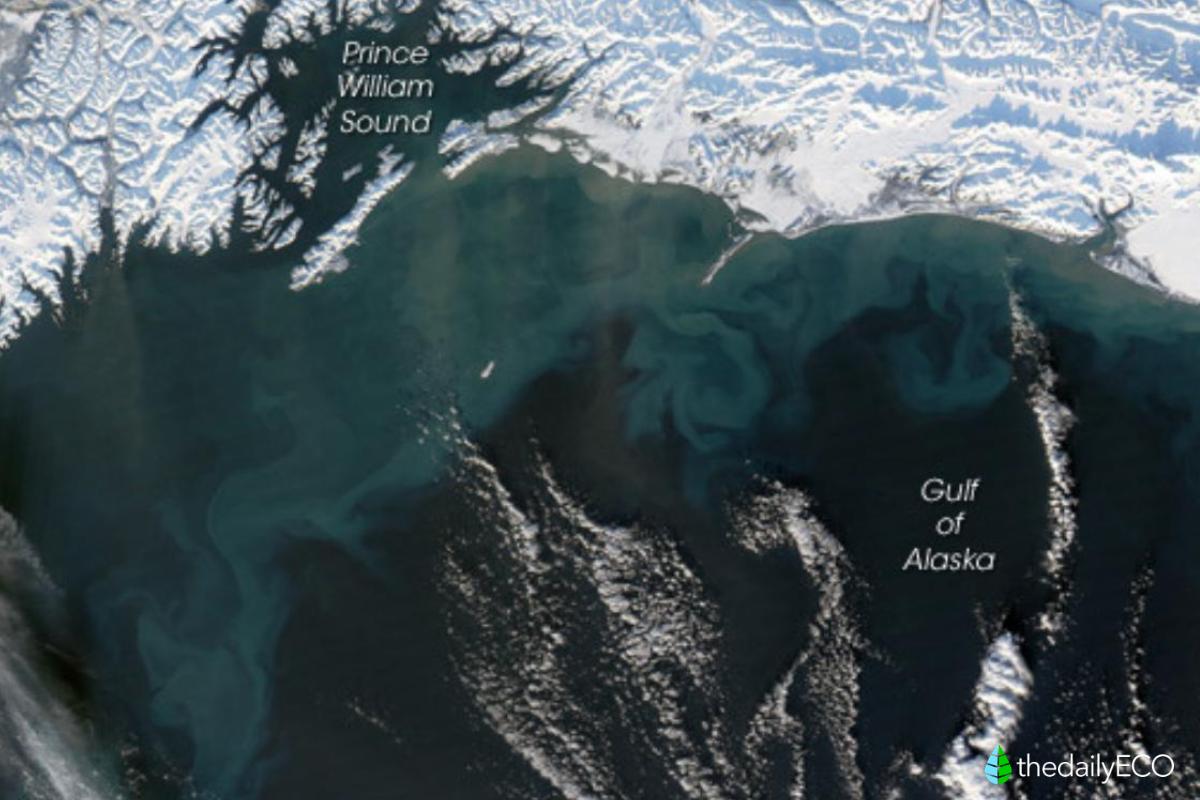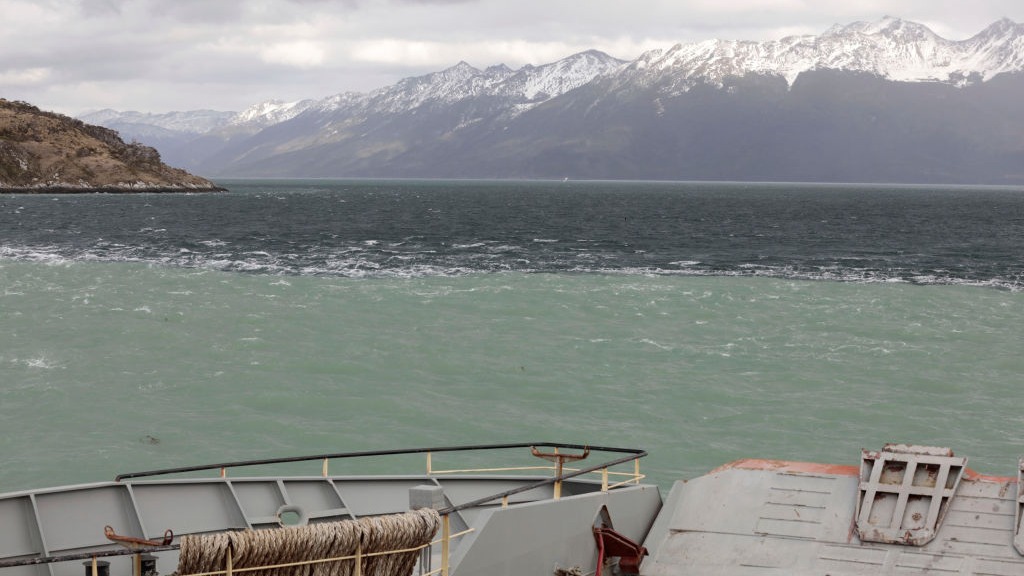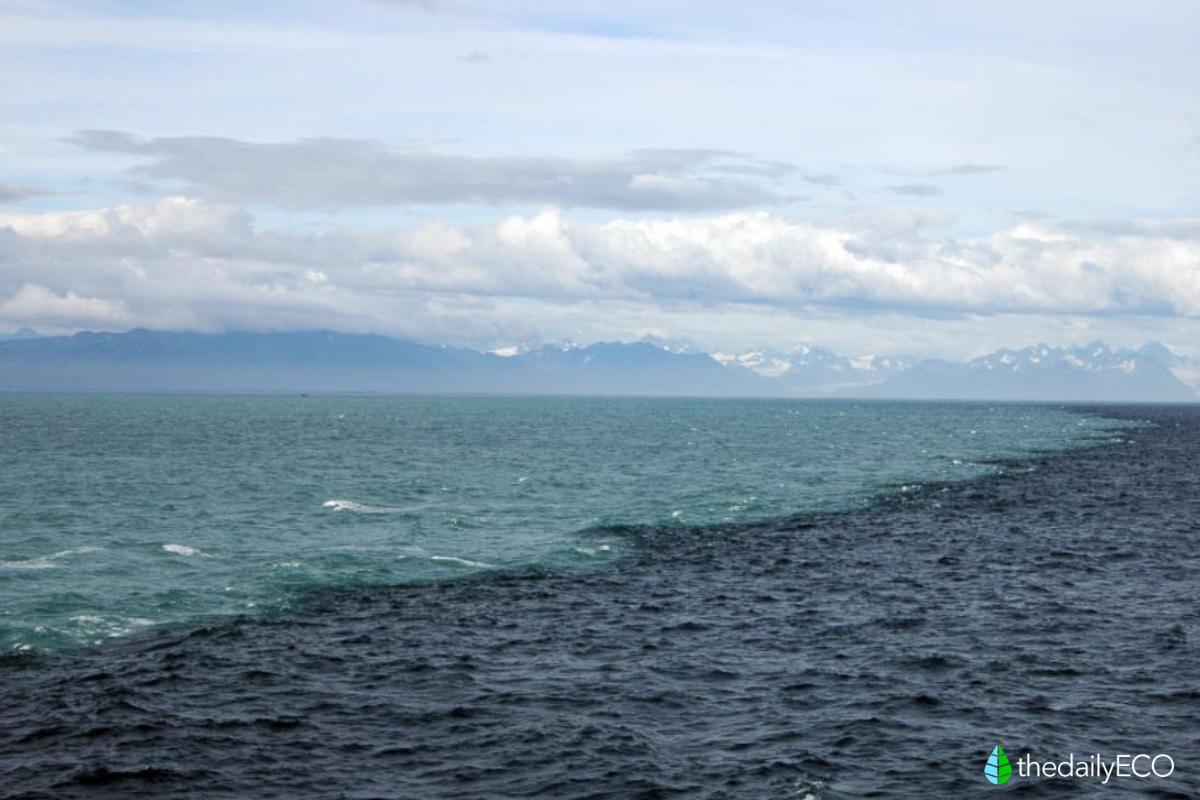Do The Pacific And Atlantic Ocean Mix

Okay, let's dive into the big question: Do the Pacific and Atlantic Oceans mix? Prepare for a splash of truth!
Imagine you're making a giant fruit punch. You've got your pineapple juice (that's the Pacific, all vast and, well, pacific!).
Then you add some cranberry juice (the Atlantic, a bit more rugged and, dare we say, atlantic-y?).
So, Do They Just Blend Together Like a Perfect Smoothie?
Well, not exactly. It's not like you can stand on a boat and see a hard line where the two oceans suddenly become one homogenous aqua-blend.
Think of it more like stirring that fruit punch really, really slowly with a teaspoon from across the room.
There's definitely some mingling going on, but the characteristics of each juice (or ocean!) hang around for a while.
The Drake Passage: Where the Magic (and Mayhem) Happens
The main spot where these two titans tango is around South America, specifically at the Drake Passage.
This passage, nestled between Cape Horn and Antarctica, is like the VIP section of ocean mixing.
It’s a wild, windy, and wonderfully dramatic place where the Pacific and Atlantic get to know each other *very* well.
It's so rough, sailors joke that if you can get through the Drake Passage, you can sail anywhere!
But What's Keeping Them from Perfectly Blending?
Several factors keep the oceans from becoming one big, boring body of water.
One of the biggies is salinity. The Atlantic tends to be saltier than the Pacific in certain areas.
It's kind of like how oil and vinegar separate in salad dressing, except on a *much* grander and slower scale.
Water temperature also plays a role. Cold water is denser than warm water, so they don't mix easily.
Imagine trying to mix hot tea and iced tea – they'll eventually blend, but there will be swirls for a bit!
Ocean currents, like giant underwater rivers, also push and pull the waters around, creating swirls and eddies.
These currents are driven by wind, temperature, and salinity differences, acting as natural barriers in certain locations.
The Verdict: They're Mixing, But It's Complicated!
So, the answer isn't a simple "yes" or "no." They do mix, but it’s a gradual, complex process.
Think of it like this: they are more like friendly, slightly distant, neighbors sharing a massive swimming pool.
They influence each other, but each keeps their own personality (and salinity level!).
"The ocean is a mighty harmonist." - Joseph Conrad (Okay, he probably wasn't thinking about ocean mixing exactly, but it sounds profound, right?).
And isn't that more interesting anyway? A world of distinct oceans, all connected but wonderfully unique.
So next time you're near the coast, remember that the water is more than just...water. It's a story of two oceans, forever dancing and (slowly) mingling.








